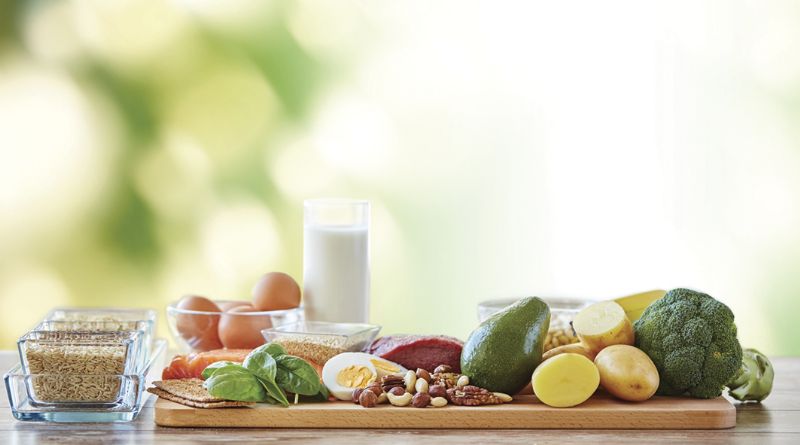- Home
- News, Articles & Reviews
We are hiring! Please click here to join our growing magazine delivery team in Gloucestershire!

The ideal time to start building your summer body
All Areas > Health & Beauty > Looking Good, Feeling Great
Author: Will Mbanga, Posted: Thursday, 24th October 2019, 09:00
Despite the onset of winter, not only is this the best time to start thinking about getting your ‘summer body’ ready, but actually, your ‘summer body’ is built in winter!
So rather than the scramble to drop weight in six weeks and other stressful crash diets, utilising the time now and having a sustainable plan is more beneficial to your health and well-being in the long run.
You can start by setting manageable exercise and diet goals, which enable your body to adjust and adapt in a safe and sustainable way.
Set small nutritional goals
Performance and health nutrition seems to be getting more complicated, so a good place to start is by setting small nutrition goals based around a healthy body image and wellness concept.
When it comes to diet, along-side a progressive training program, consistency is key to healthy weight loss and maintenance.
As a starting point, let’s take a look at what you should eat before and after your training sessions. First, you need to determine whether you should eat before or after training, or do your workout in a fasted state. The simple answer is, if you find yourself feeling tired and constantly running out of energy during training sessions, or taking longer to recover than usual, you clearly need to address your pre-exercise nutrition.
The second issue, for those who need to eat, is whether to ingest protein or carbohydrates, or a mix of the two, before, during or after training. I will cover some basic recommendations for each stage, which you can trial and determine which gives you the best gastric comfort, nutritional benefits and training outcomes.
Decide on a healthy diet relative to your needs
For the majority of people who are exercising for general health and weight management, I recommend starting with an analysis of what a healthy balanced diet appropriate to your needs looks like, and ensuring that this is being met before addressing the training element. A few basic tips:
• Minimise processed foods
• Increase intake of natural whole foods
The next area to address is quantities, and making small adjustments to your diet to get the most benefit in terms of your weight management goals and caloric intake requirement.
If your goal is weight loss, you will need to use (burn) more calories than you consume. In order to create a balanced diet, you will need to consider the following:
• The size of your portions – a hand or fist is a useful measure.
• Composition of your meals with regards to food groups (protein, carbohydrates and fats) and nutrients (vitamins, minerals, water, fibre, etc.).
• Timing – there is a four hour optimal window of opportunity, roughly two hours before and two hours after your training session, to get your meal in for maximum benefit.
Remember, everyone has unique physiological requirements – one size does not fit all and it can change throughout your lifetime, so you will need to experiment with the recommendations to find your unique nutritional fit.Copyright © 2026 The Local Answer Limited.
Unauthorized use and/or duplication of this material without express and written permission from this site's author and/or owner is strictly prohibited. Excerpts and links may be used, provided that full and clear credit is given to The Local Answer Limited and thelocalanswer.co.uk with appropriate and specific direction to the original content.More articles you may be interested in...


© 2026 The Local Answer Limited - Registered in England and Wales - Company No. 06929408
Unit H, Churchill Industrial Estate, Churchill Road, Leckhampton, Cheltenham, GL53 7EG - VAT Registration No. 975613000You are leaving the TLA website...
You are now leaving the TLA website and are going to a website that is not operated by us. The Local Answer are not responsible for the content or availability of linked sites, and cannot accept liability if the linked site has been compromised and contains unsuitable images or other content. If you wish to proceed, please click the "Continue" button below:




